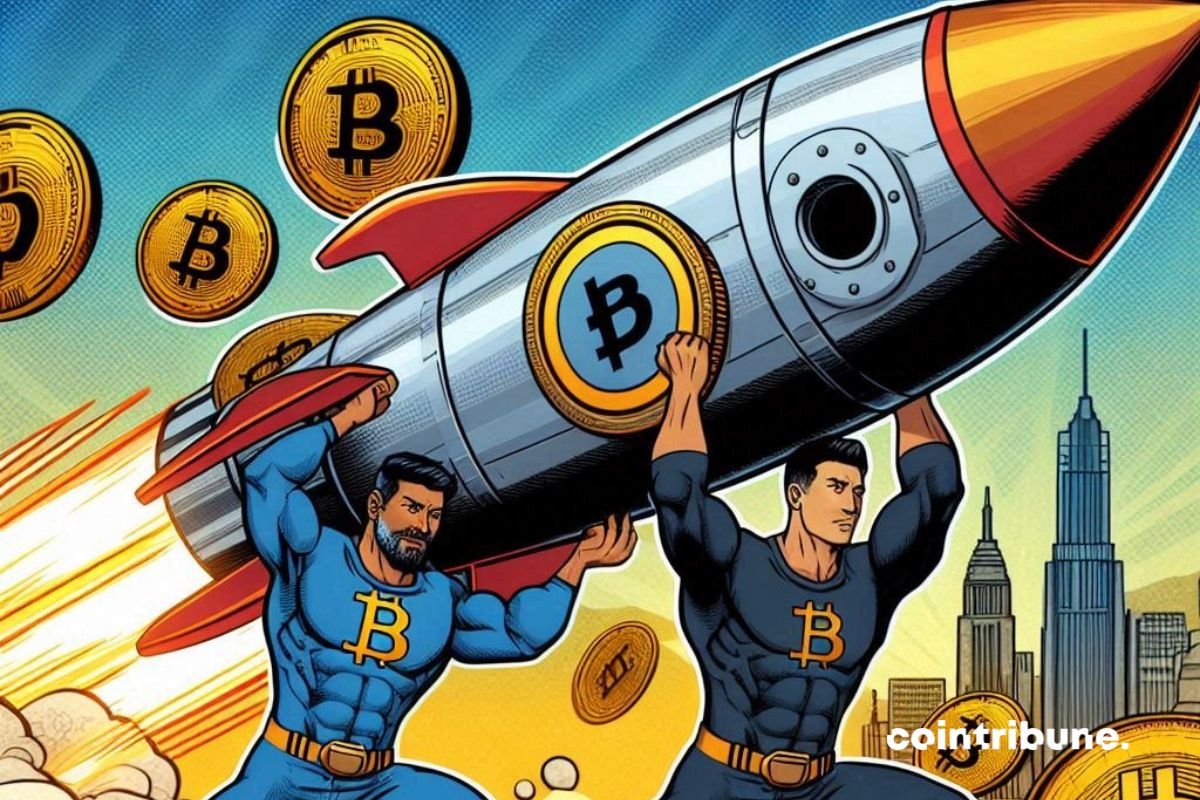
Cryptocurrencies have taken the financial world by storm, introducing decentralized systems that challenge traditional banking and finance. While Bitcoin remains the gold standard, Litecoin (LTC) has emerged as the “silver” of the cryptocurrency world, offering unique advantages and carving a niche for itself. In this article, we’ll explore what Litecoin is, its history, how it works, and why it continues to be a popular choice among crypto enthusiasts.
What is Litecoin?
Litecoin is a peer-to-peer cryptocurrency designed to enable instant, low-cost payments to anyone in the world. It was created by Charlie Lee, a former Google engineer, in October 2011. Often referred to as the “silver to Bitcoin’s gold,” Litecoin was developed as a lighter, faster alternative to Bitcoin.
Litecoin is built on Bitcoin’s open-source code but includes several modifications that improve transaction speed and reduce fees. These features make it suitable for everyday transactions and micro-payments, an area where Bitcoin often faces challenges due to its scalability issues.
The Origin Story
Charlie Lee created Litecoin with the goal of addressing some of Bitcoin’s shortcomings, particularly in transaction speed and scalability. While Bitcoin processes a block every 10 minutes, Litecoin’s block generation time is just 2.5 minutes. This means transactions on the Litecoin network are confirmed much faster.
Litecoin’s development was also rooted in the idea of democratizing cryptocurrency mining. At the time of its creation, Bitcoin mining was becoming increasingly dominated by specialized hardware. Litecoin introduced a different hashing algorithm, Scrypt, making mining more accessible to individuals with standard computer hardware.
How Does Litecoin Work?
Litecoin operates on a decentralized blockchain network, similar to Bitcoin. Here’s how it works:
- Blockchain: Litecoin’s blockchain records every transaction made on the network. It is a transparent and immutable ledger.
- Proof of Work (PoW): Litecoin uses a proof-of-work consensus mechanism, where miners solve complex mathematical problems to validate transactions and secure the network.
- Scrypt Algorithm: Unlike Bitcoin’s SHA-256 algorithm, Litecoin uses Scrypt, which is less resource-intensive and more memory-dependent, making mining more accessible.
- Limited Supply: Litecoin has a capped supply of 84 million coins, four times the limit of Bitcoin. This scarcity adds to its value proposition.
- Lightning Network: Litecoin supports the Lightning Network, which enables near-instant, low-cost transactions by processing them off-chain.
Key Features of Litecoin
- Faster Transactions
Litecoin processes transactions approximately four times faster than Bitcoin, making it a preferred choice for quick payments. - Low Fees
Transaction fees on the Litecoin network are minimal compared to traditional banking and even other cryptocurrencies. This makes it ideal for small and large transactions alike. - Robust Security
With a well-established network and active development community, Litecoin offers a high level of security for transactions. - Widespread Adoption
Litecoin is accepted by thousands of merchants and online platforms worldwide, adding to its usability. - Decentralization
Like other cryptocurrencies, Litecoin operates on a decentralized network, free from government or institutional control.
Use Cases of Litecoin
- Day-to-Day Transactions: With its low fees and fast processing times, Litecoin is suitable for purchasing goods and services.
- Remittances: Litecoin’s low-cost cross-border transactions make it an excellent option for sending money internationally.
- Investment: Many investors consider Litecoin a reliable asset due to its longevity and robust technology.
- Micropayments: Litecoin is ideal for small payments, such as tipping content creators or buying inexpensive digital goods.
Litecoin vs. Bitcoin
| Feature | Bitcoin | Litecoin |
|---|---|---|
| Block Time | 10 minutes | 2.5 minutes |
| Total Supply | 21 million | 84 million |
| Algorithm | SHA-256 | Scrypt |
| Transaction Fees | Higher | Lower |
| Popularity | Higher | Moderate |
While Bitcoin remains the leader in terms of market capitalization and recognition, Litecoin’s technical advantages make it a strong competitor.
Advantages of Litecoin
- Speed and Efficiency
Faster transaction confirmation times give Litecoin an edge over many other cryptocurrencies. - Scalability
The Litecoin network handles a higher number of transactions per second compared to Bitcoin. - Community Support
Litecoin has an active development community that regularly updates and improves the network. - Interoperability
Litecoin is often used as a testbed for new technologies that later get implemented in Bitcoin.
Challenges Facing Litecoin
- Competition: With thousands of cryptocurrencies in the market, Litecoin faces stiff competition from newer, more innovative projects.
- Adoption: While Litecoin is widely accepted, it still lags behind Bitcoin in merchant adoption and institutional interest.
- Price Volatility: Like other cryptocurrencies, Litecoin’s price can be highly volatile, which may deter some users and investors.
The Future of Litecoin
Litecoin remains a solid choice for cryptocurrency enthusiasts due to its reliability, speed, and security. The network’s ongoing development, including integration with the Lightning Network and potential privacy features like MimbleWimble, ensures it stays relevant in the ever-evolving crypto landscape.
As more people and businesses adopt cryptocurrencies, Litecoin’s practical advantages could make it a key player in the digital payment space.
Conclusion
Litecoin has proven its resilience and utility over the years, earning a reputation as a reliable alternative to Bitcoin. Whether you’re looking for a fast and affordable way to make payments, a stepping stone into the world of cryptocurrency, or a long-term investment, Litecoin offers significant value.
With its strong community, continuous innovation, and practical use cases, Litecoin is set to remain a staple in the cryptocurrency world. As the digital economy grows, Litecoin could very well shine as the silver lining of the crypto revolution.
Leave a Reply